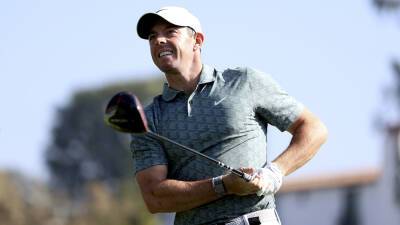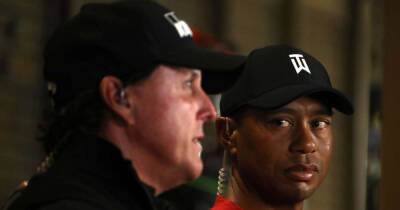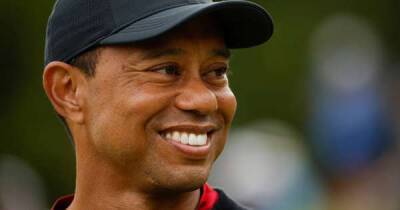Phil Mickelson’s spectacular fall and golf’s infighting over Saudi riches
It may be a stretch to say Phil Mickelson profited from the demise of Tiger Woods. Nonetheless, when Woods became embroiled in a 2009 infidelity scandal Mickelson, soon to win a third Masters, became the poster boy of the American golfing public. Mickelson’s play was swashbuckling and successful, his image clean enough to eat one’s dinner from. As Tiger lay embarrassed, grinning Phil captured hearts and minds.
It seems poetic, then, that Mickelson has suddenly fallen victim to golf’s biggest reputational trashing since Woods hit the front page of the National Enquirer. And this, at a time when Woods’s latest comeback from serious injury continues against a backdrop of huge external support. The trouble with going to great lengths to portray yourself as purer than the driven snow is that when a counter-narrative appears, sceptics will not be slow to shout about it.
A week ago, Mickelson was closely linked to a Saudi Arabian-backed Super Golf League fronted by Greg Norman. Mickelson had accused the PGA Tour of “obnoxious greed” over matters which nobody in the wider world had particular reason to care about. Mickelson’s position in the pantheon of greats was unharmed. Now? In a world not at all renowned for caustic criticism, Rory McIlroy has branded Mickelson “naive, egotistical, selfish, ignorant”. Mickelson has lost sponsorship. The prospects of him captaining the US Ryder Cup team or forging a future career in the television booth are, at best, remote. For an individual who placed such stock in a careful public-relations policy, his has been a remarkable implosion. Whisper it, but Brand Phil was never particularly convincing.
Mickelson has produced extraordinary moments in his career but nothing to match the






